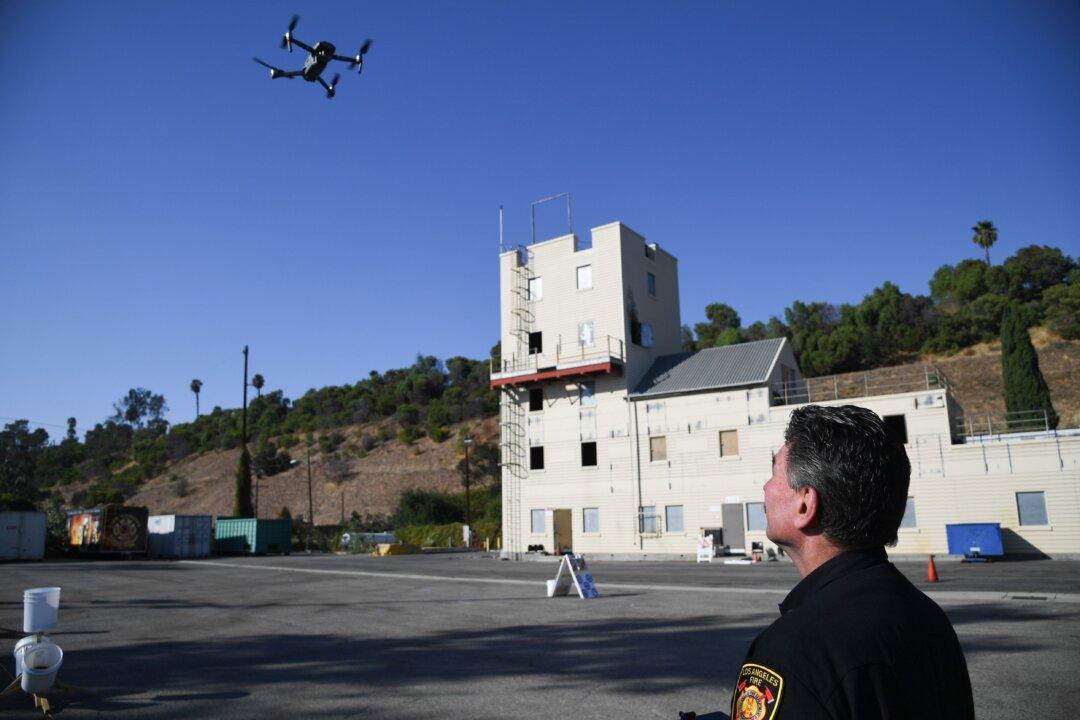Republicans on the House Judiciary Committee opened an inquiry into the use of Chinese drones by U.S. state and local law enforcement, according to letters obtained by The Epoch Times.
A group of 14 lawmakers penned a pair of letters to the departments of Justice (pdf) and Homeland Security (pdf) on May 13 requesting information on the use of drones manufactured by Da Jiang Innovations (DJI), a Chinese company that accounts for almost 80 percent of the drones sold in the United States.





